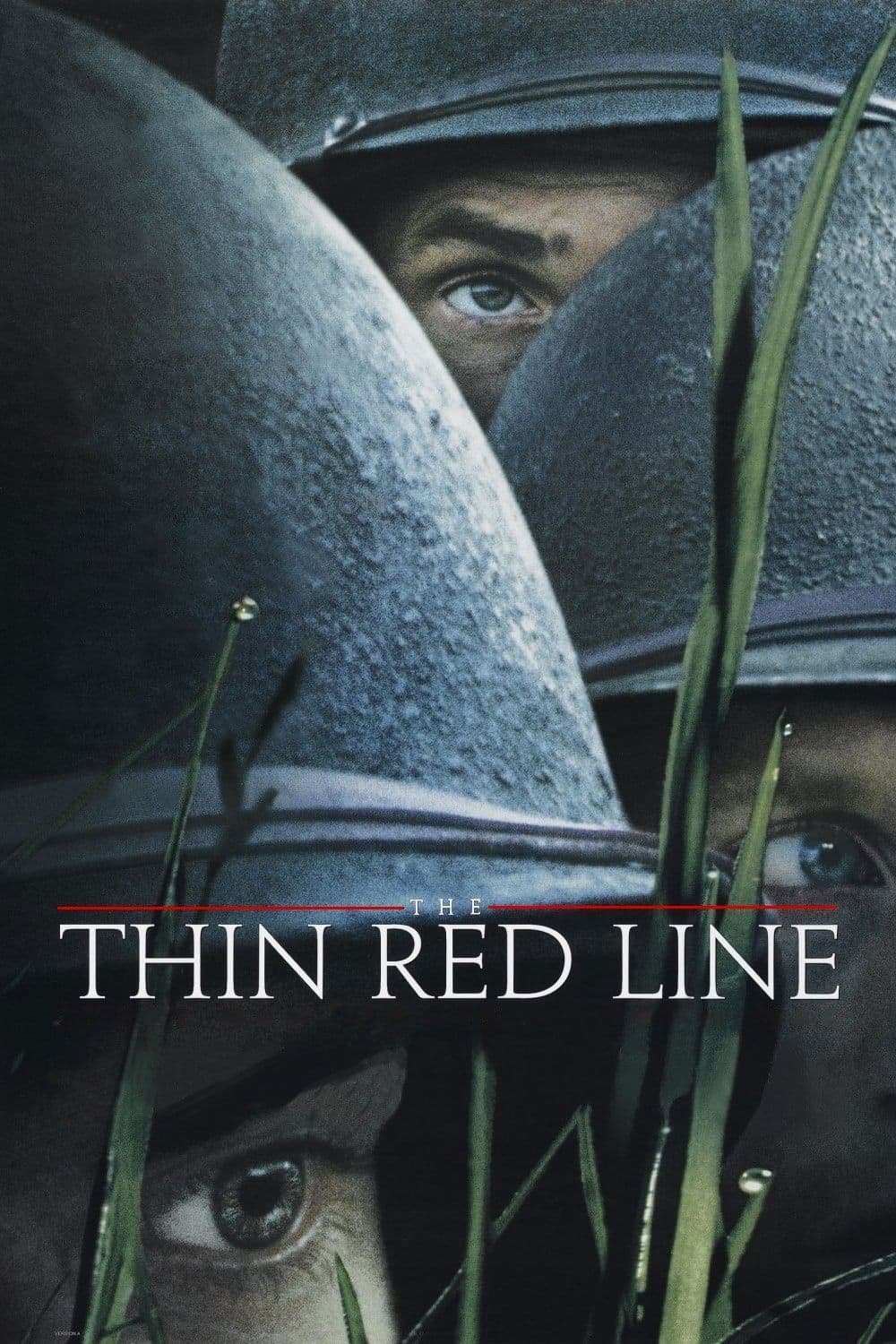
The Thin Red Line
1998
Rate this movie
Average: 4.00 / 5
(1 votes)
Director
An inner voice, in a long, passionate monologue, accompanies the harrowing adventure of a handful of soldiers, scraping away emotion, nostalgia, and the fear of death from their souls, from their innermost thoughts. It is not a simple narrative caption, but a vibrant stream of consciousness, a kind of secular psalmody that elevates individual suffering to a universal plane, questioning the mystery of existence and the perversion inherent in human violence. Every whisper, every silent query, is woven into a sonic and visual tapestry that rejects the linearity of traditional war narratives to embrace fragmentation and pure sensation.
Terence Malick returns to cinema after more than twenty years of absence from sets, and he does so with a monumental work. This long eclipse, following masterpieces like Badlands and Days of Heaven, had fueled an almost mythical anticipation for the return of a reclusive and uncompromising auteur, whose cinematic vision transcends simple narration. The Thin Red Line is not just a film; it is a life experience both for those who acted in it (many stars accepted even minor roles with almost no compensation just to appear) and for its creator, who spent almost a decade bringing this colossal project to completion. It is said that hundreds of hours of footage were shot, with edits sacrificing entire subplots and performances by actors of the caliber of Gary Oldman, Billy Bob Thornton, Martin Sheen, or Mickey Rourke, testifying to Malick's obsessive search for emotional and philosophical truth, beyond market logic or star conventions. This almost ascetic devotion to the creative process is the stylistic hallmark of a director who molds filmic material like a sculptor, eliminating the superfluous to reveal the essence.
But the wait paid off with one of the most beautiful war films of all time: the story of the conflict on Guadalcanal during World War II. Unlike more conventional war epics, often focused on heroism or strategy, Malick immerses us in an exhausting and disorienting guerrilla warfare, where the enemy is not just the Japanese soldier hidden among the vegetation, but the very brutality of nature, psychological disintegration, the absurdity of violence. The experiences of a group of soldiers and their grueling struggle to conquer fortified positions, inch by inch, defended by an invisible, intangible, ethereal enemy, are merely a pretext for exploring the human condition.
War becomes a pretext and metaphor for an ontological struggle, in which man confronts his inner self, in which the individual finds himself stripped of every vestige of humanity. The horror is not only in the whistling bullets, but in the gradual loss of self, in the annihilation of morality and pity in the face of the logic of survival. The film is a meditation on the nature of evil, on the human capacity to inflict and endure suffering, and on the paradox of the pristine beauty of the jungle that hosts such devastation. A film where the narrative voice is poetry and intimacy at the mercy of unexplained violence, a silent hymn to lost dignity.
And it is precisely from the soldiers' inner voices that the fiercest criticism of all conflict arises. These are fragments of consciousness that, like the verses of a modern Psalm, seek meaning in chaos or denounce the absurd. Soldier Witt whispers: “What's this war in the heart of nature? Why does nature contend with itself? Why does the earth fight the sea? Is there a destructive power in nature?” This rhetorical question, echoing biblical and philosophical inquiries about the presence of evil in the world, elevates the conflict on Guadalcanal to a cosmic struggle, where even the ecosystem seems to rebel, reflecting human violence like a distorted mirror. Soldier Train’s monologue as he faces death is a bitter and atrocious reflection on war: “This great evil, where does it come from? How did it steal into the world? What seed, what root did it spring from? Who’s doing this to us, killing us, robbing us of light and life, mocking us with the knowledge of what we were? Is our ruin bringing the earth any good? Does it help the grass to grow, the sun to shine? Is this darkness for you too? Have you passed through this darkness?” These words condense an abyssal despair, an almost metaphysical invocation to a higher entity or to nature itself, which remains indifferent in the face of human catastrophe. It is a radical negation of all glory or justification, an unappealable accusation against the blindness and cruelty inherent in war, which Malick renders with the lyrical power of a funeral elegy for the human soul.
Country
Gallery
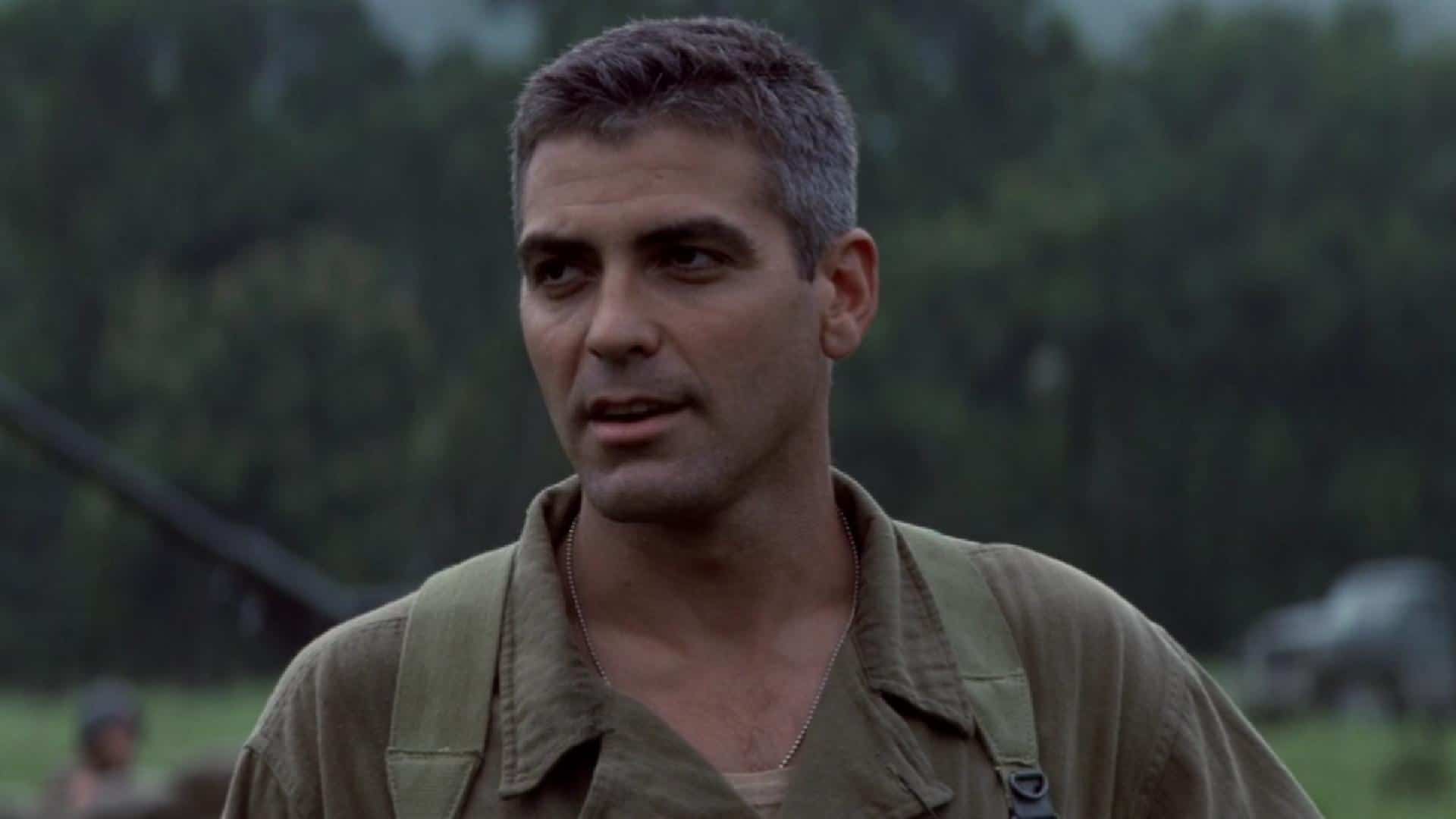
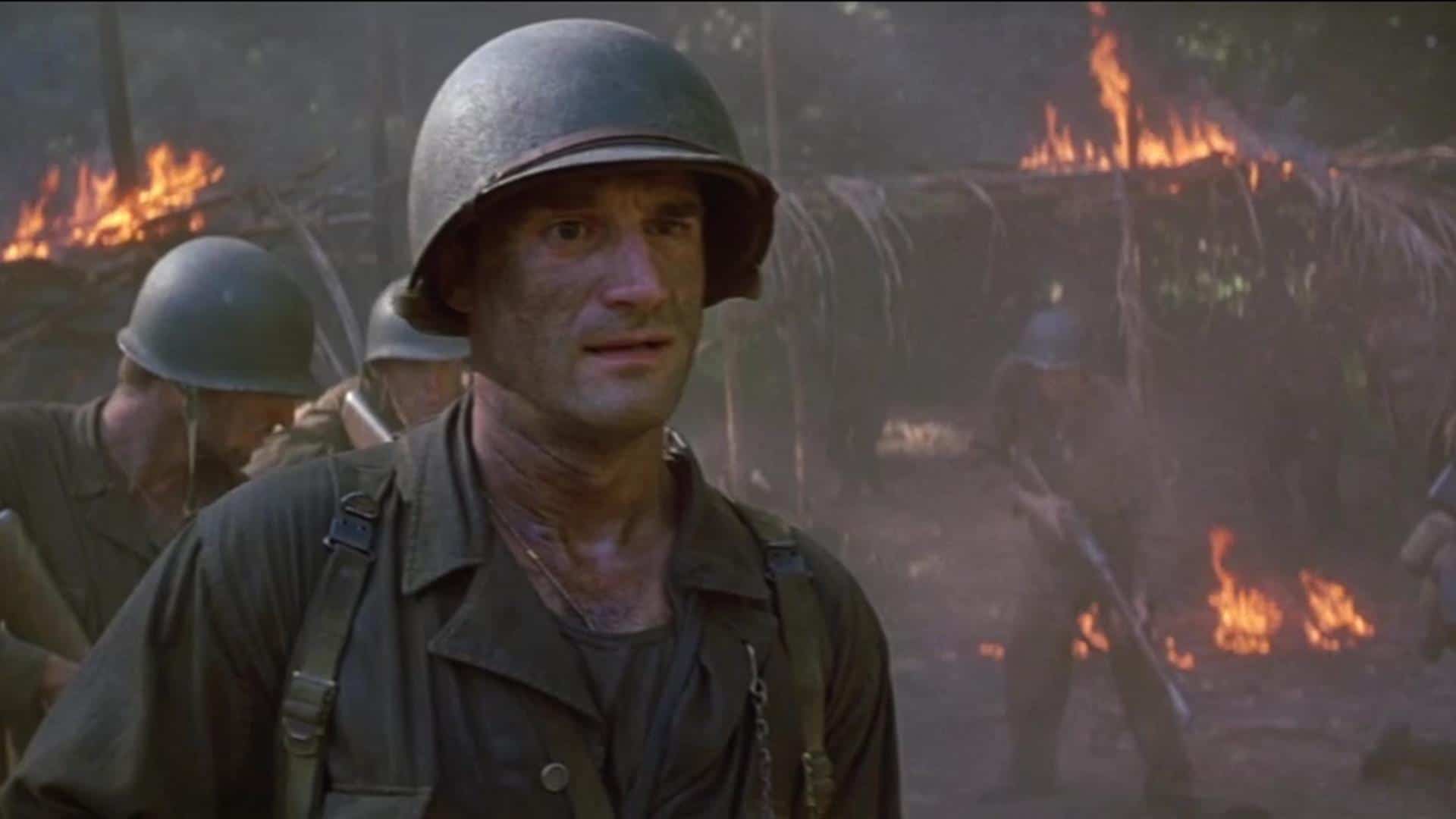
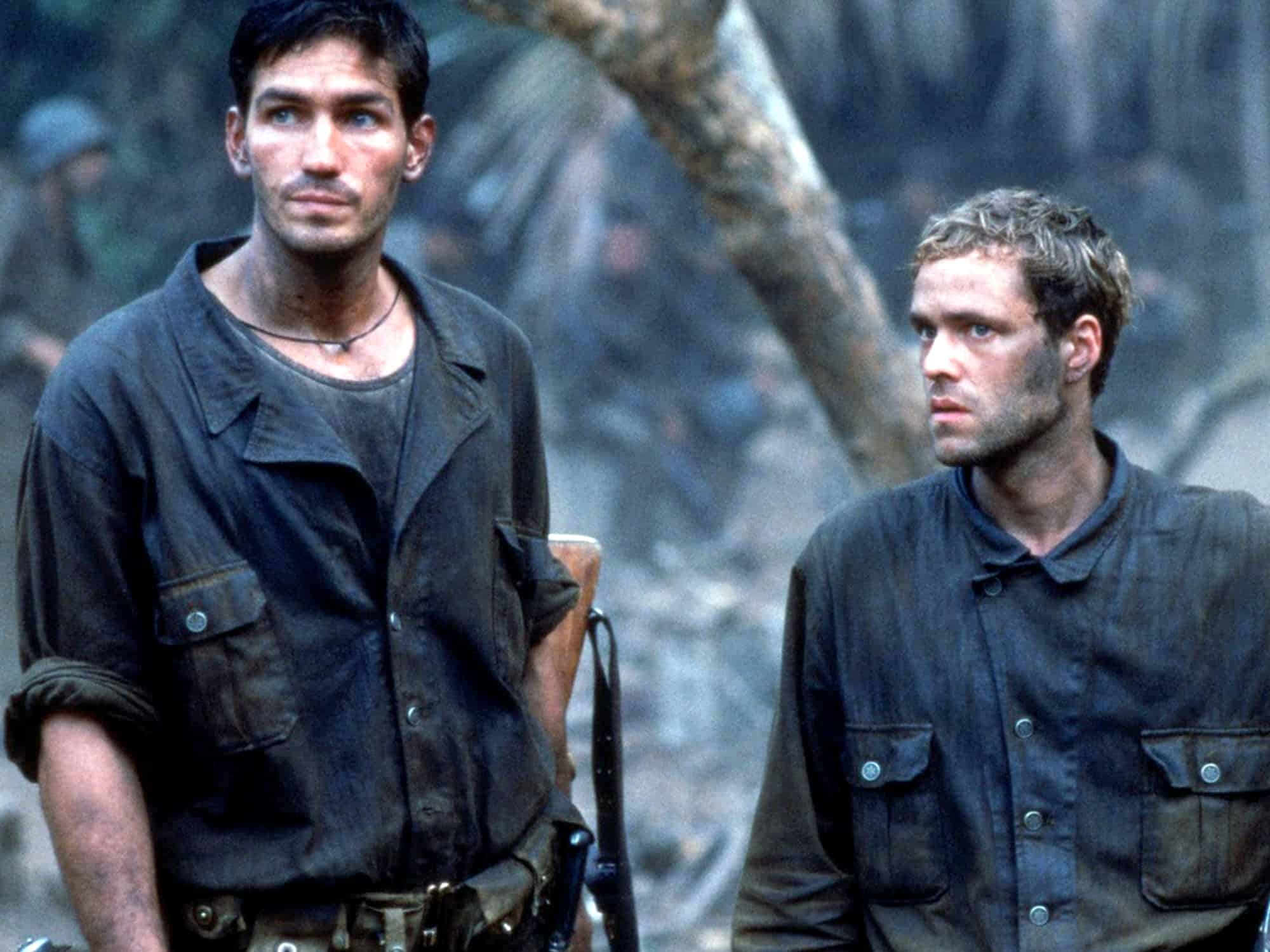
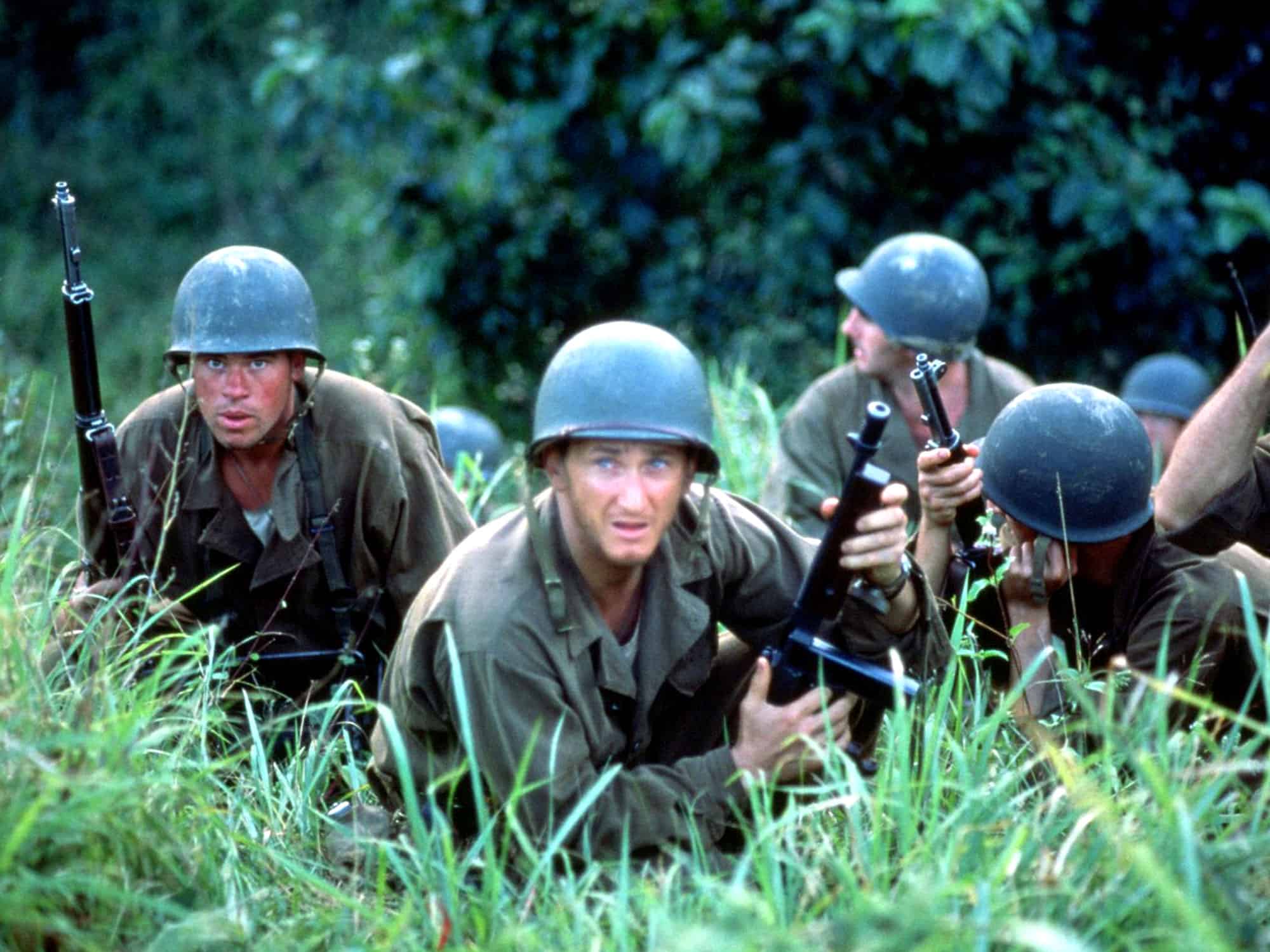
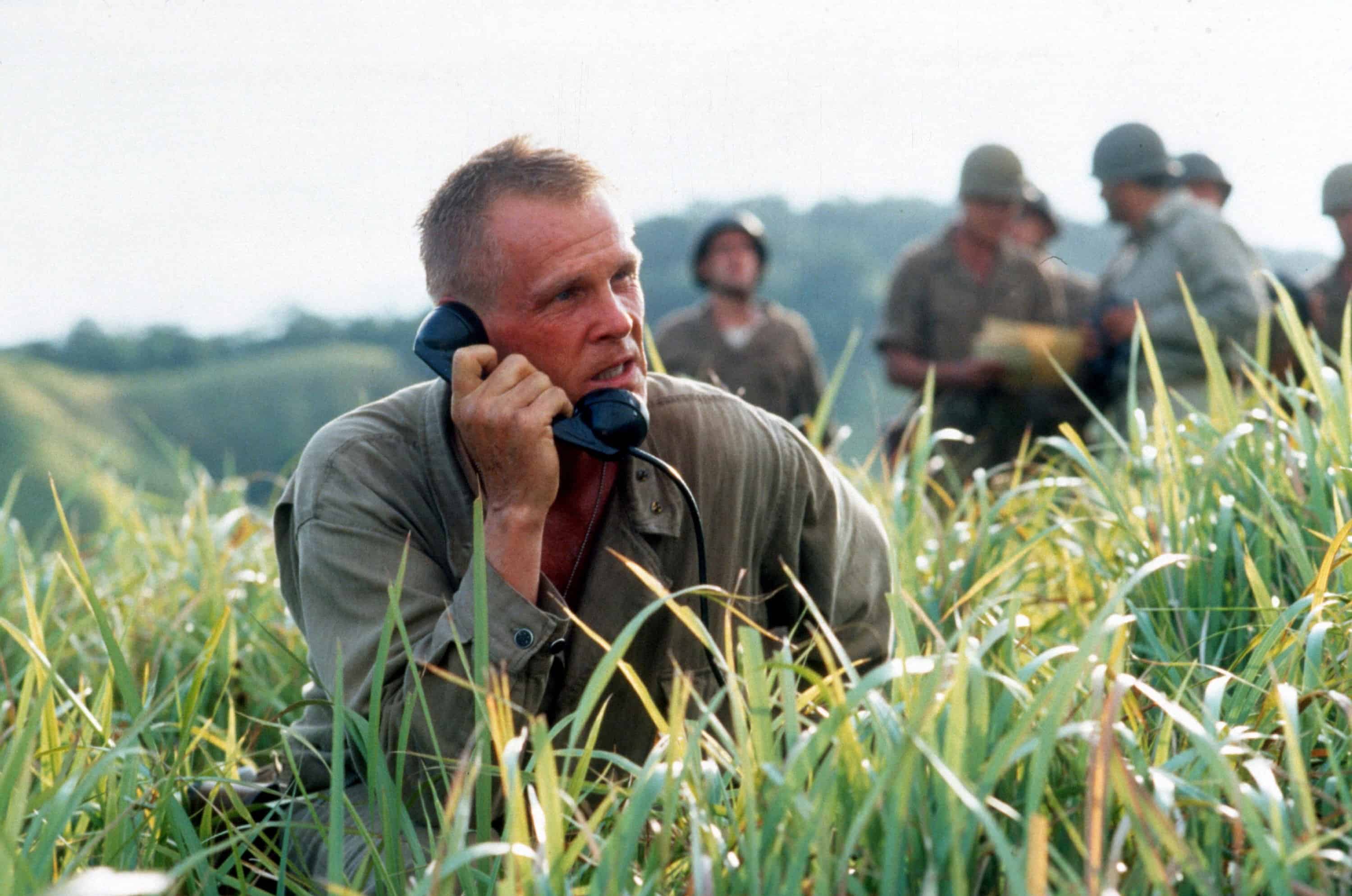
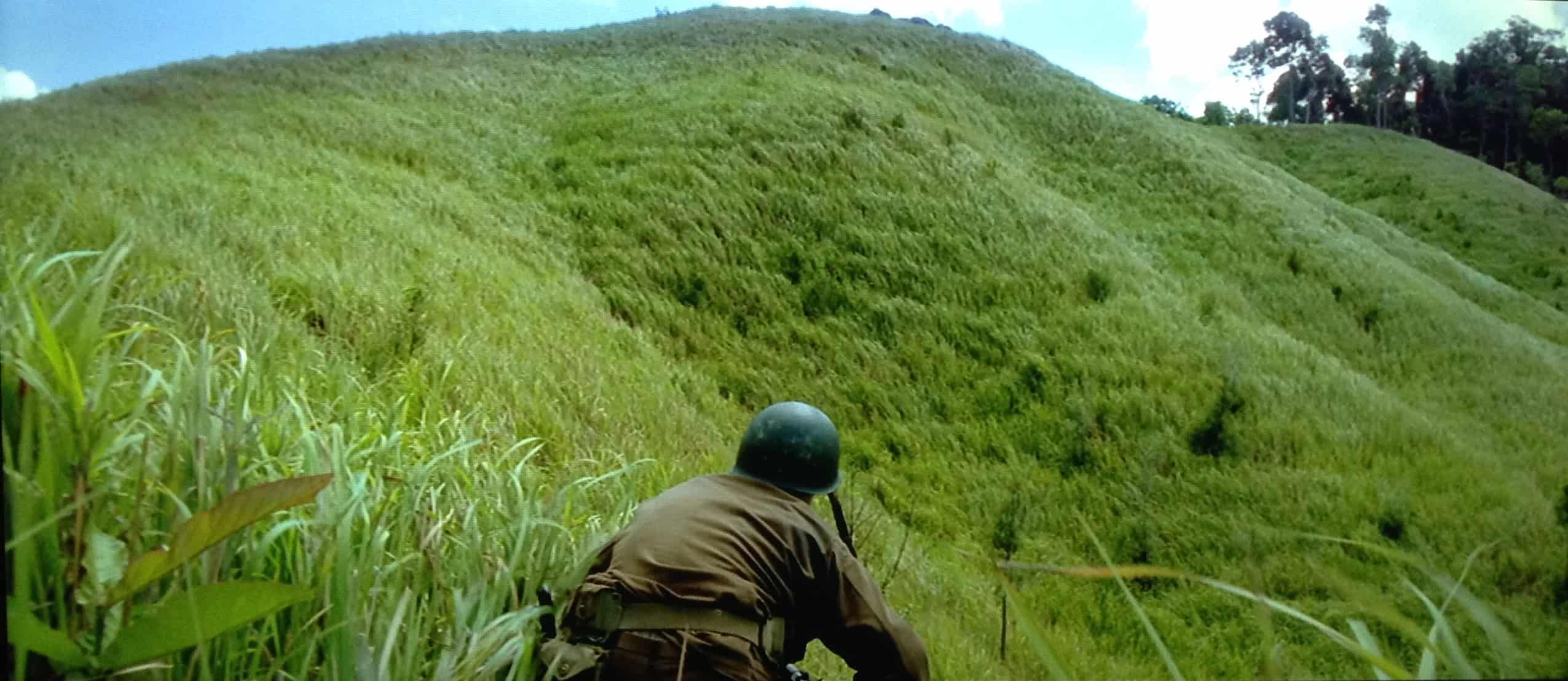
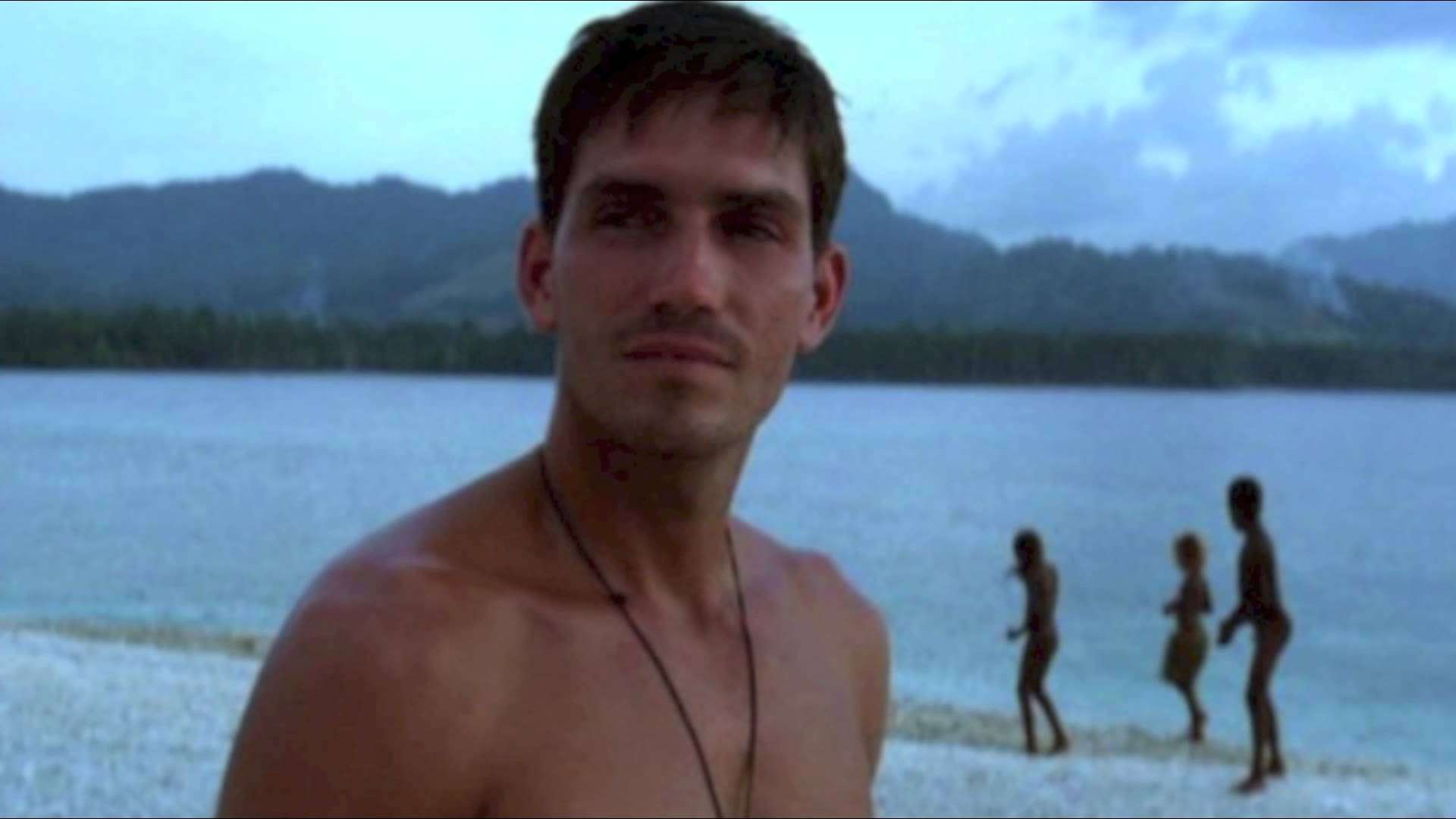
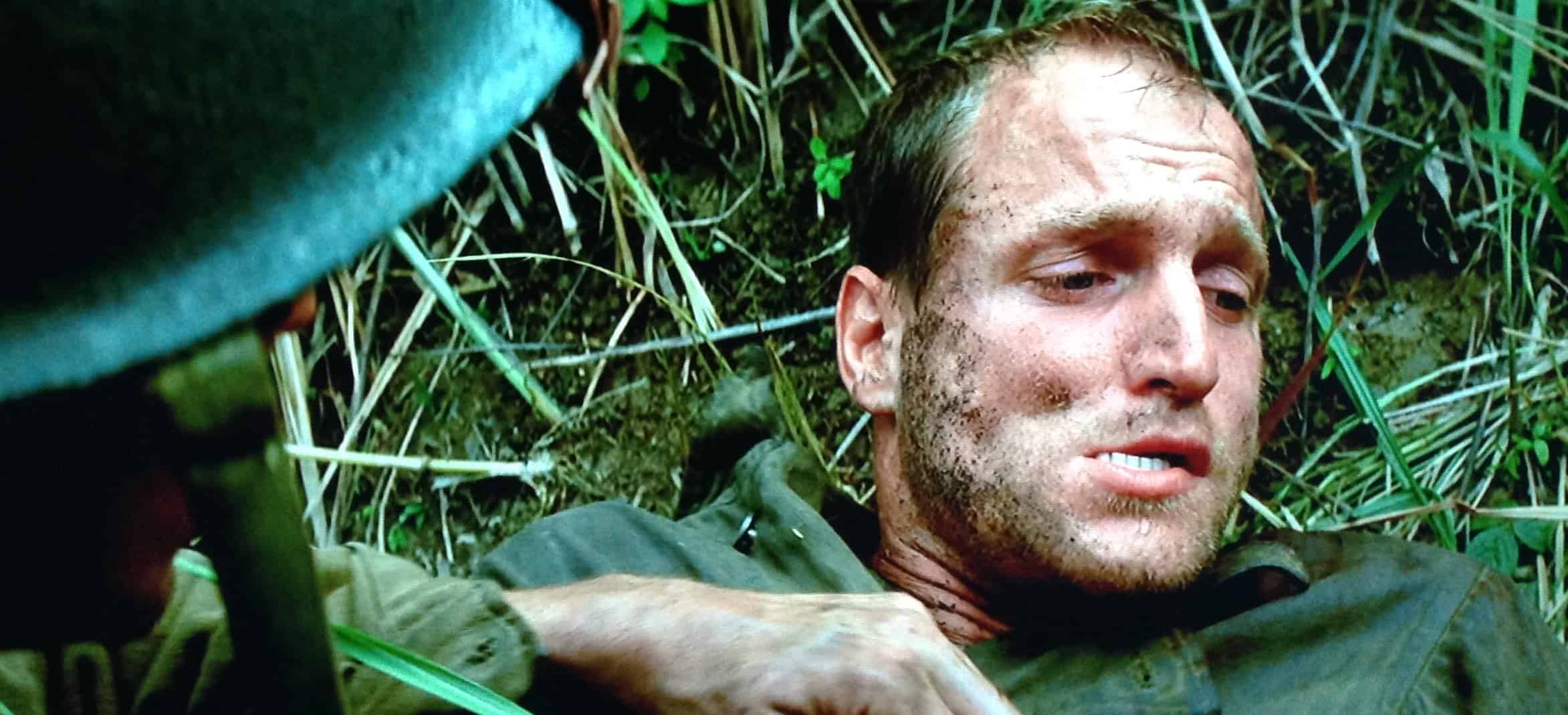
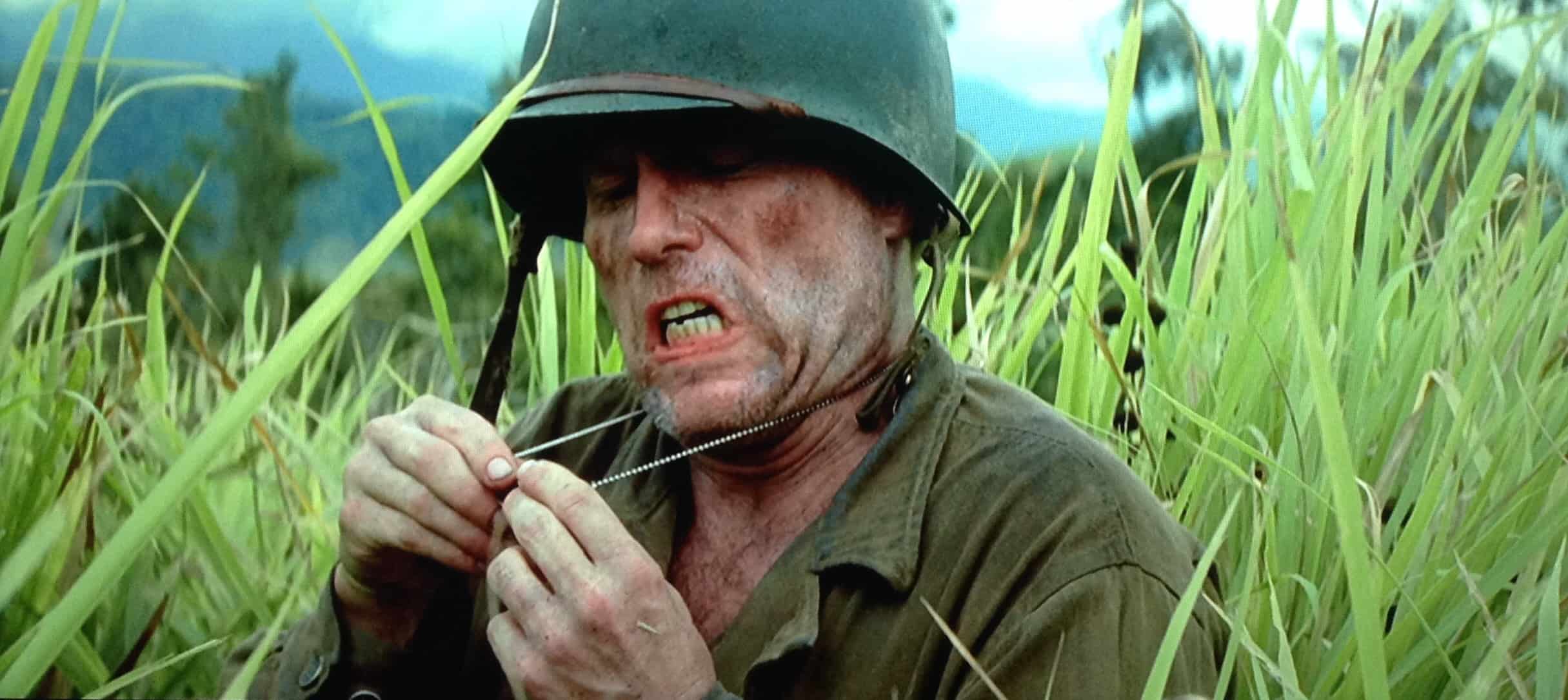
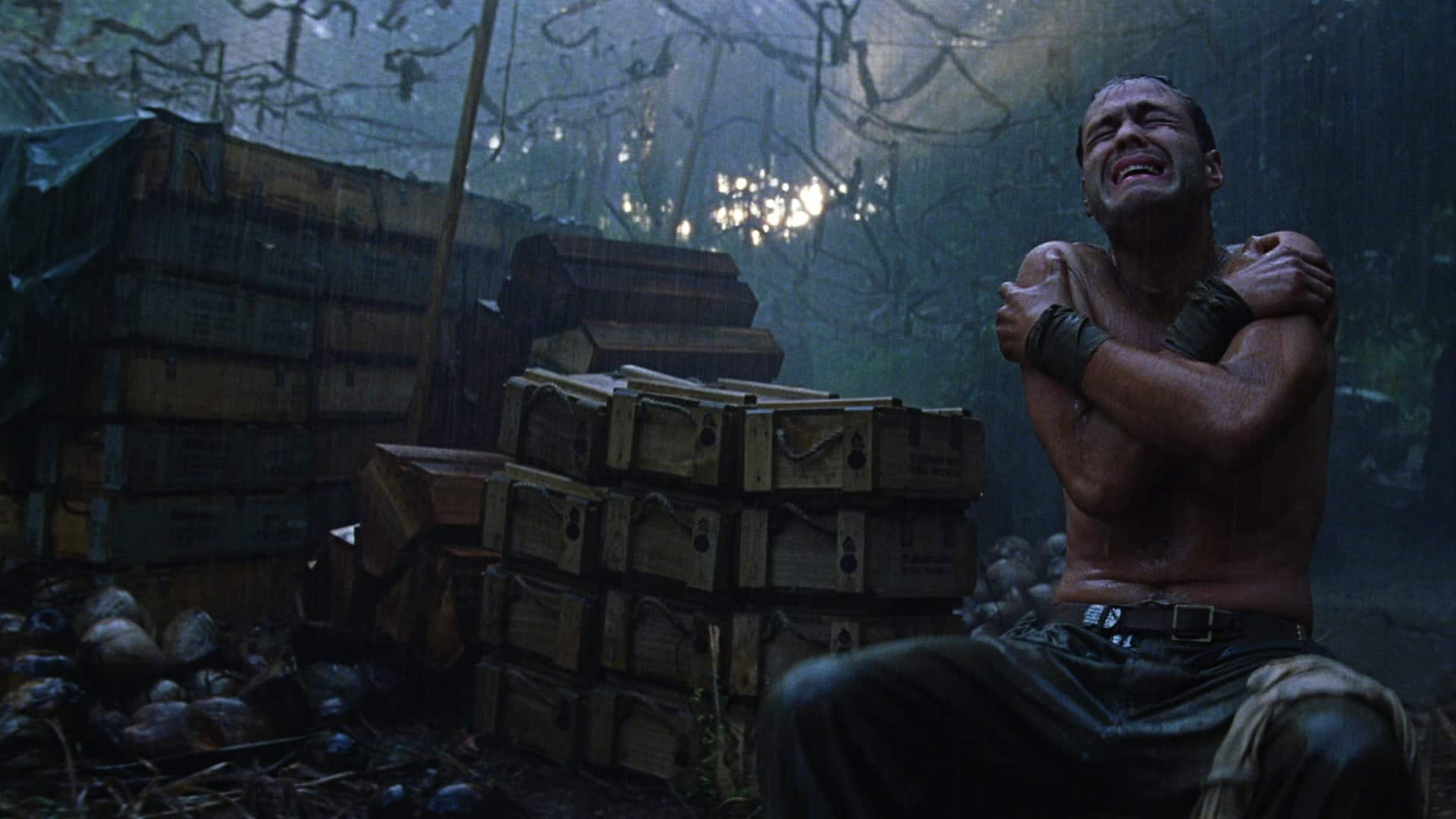
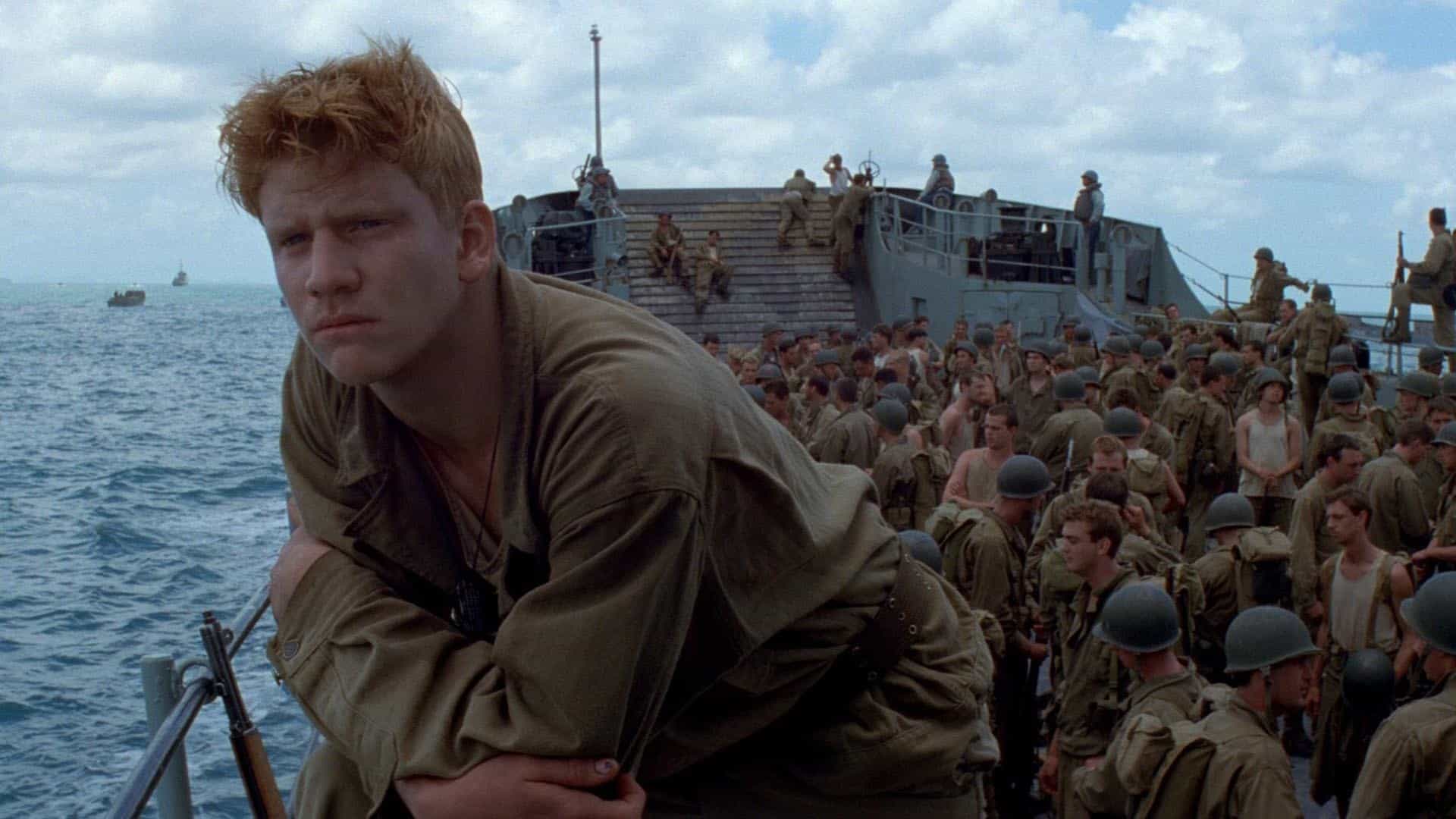
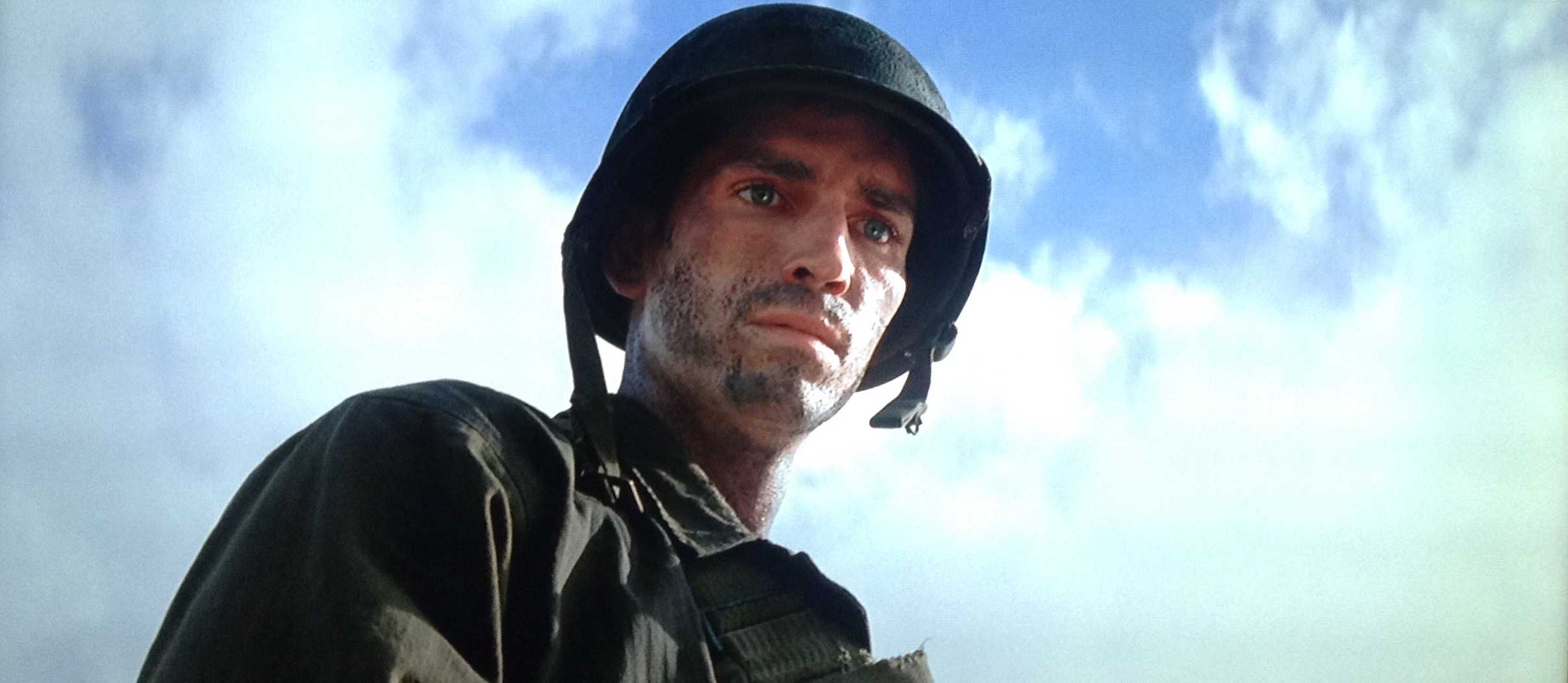
Comments
Loading comments...